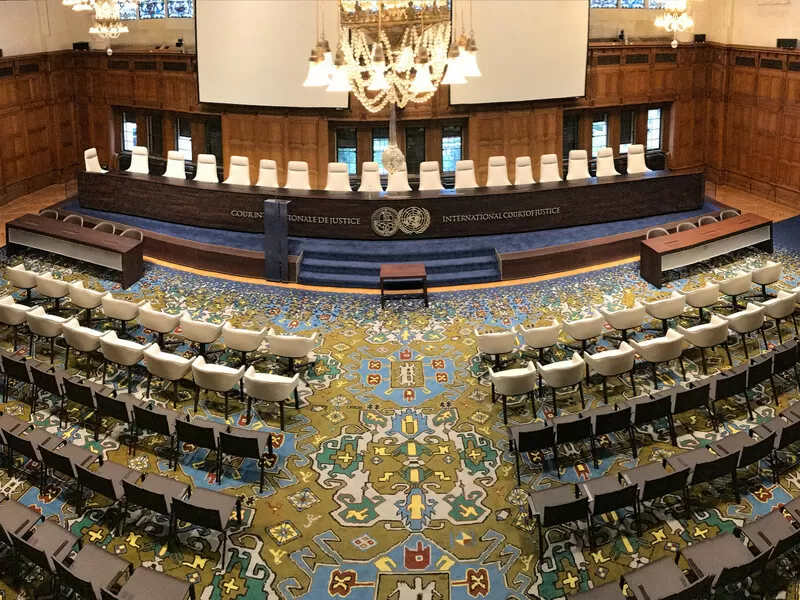The International Court of Justice (ICJ) will consider Ukraine’s lawsuit against Russia for violating the Convention on the Prevention of Genocide, but not in its entirety. This decision was made by the court on February 2nd, as reported by «Babel» and «Ukrinform».
The lawsuit, filed by Ukraine in January 2017, accuses Russia of committing acts of genocide against the Ukrainian people in the Crimean peninsula and eastern regions of Ukraine. The ICJ has jurisdiction to hear cases involving disputes between states, and Ukraine has invoked the Genocide Convention as the basis for its claim against Russia.
The Genocide Convention, adopted by the United Nations in 1948, defines genocide as «acts committed with intent to destroy, in whole or in part, a national, ethnical, racial or religious group.» It also requires states to prevent and punish acts of genocide, and to provide reparations to victims.
Ukraine’s lawsuit alleges that Russia has violated the Convention by supporting and arming separatist groups in eastern Ukraine, as well as by annexing Crimea in 2014. The annexation of Crimea has been widely condemned by the international community as a violation of Ukraine’s sovereignty and territorial integrity.
The ICJ’s decision to consider the case is a significant step towards holding Russia accountable for its actions in Ukraine. However, the court has also decided to limit the scope of the case, only considering the issue of whether Russia has violated the Genocide Convention. This means that other allegations made by Ukraine, such as violations of international law and human rights, will not be addressed by the court.
The decision to limit the scope of the case has been met with mixed reactions. Some see it as a missed opportunity to hold Russia accountable for its actions, while others view it as a strategic move to increase the chances of a successful outcome for Ukraine.
In its defense, Russia has argued that the ICJ does not have jurisdiction to hear the case, as the Genocide Convention does not apply to disputes between states. Russia also denies any involvement in the conflict in eastern Ukraine and maintains that the annexation of Crimea was in accordance with international law.
The ICJ’s decision to consider the case has also sparked renewed tensions between Ukraine and Russia. In response to the court’s decision, Russia has announced that it will not participate in the proceedings and has accused Ukraine of using the case for political purposes.
Despite these challenges, Ukraine remains determined to seek justice for the victims of the conflict in eastern Ukraine and the annexation of Crimea. The country’s Foreign Minister, Dmytro Kuleba, has stated that the ICJ’s decision to consider the case is a «victory for Ukraine» and a «step towards justice.»
The ICJ’s decision to consider Ukraine’s case is a significant development in the ongoing conflict between the two countries. It sends a strong message that the international community will not tolerate acts of genocide and that those responsible will be held accountable.
As the case moves forward, it is important for both Ukraine and Russia to cooperate with the ICJ and respect the court’s decision. It is also crucial for the international community to continue supporting Ukraine in its pursuit of justice and to work towards a peaceful resolution to the conflict.
In conclusion, the ICJ’s decision to consider Ukraine’s lawsuit against Russia for violating the Genocide Convention is a positive step towards seeking justice for the victims of the conflict in eastern Ukraine and the annexation of Crimea. While the court’s decision to limit the scope of the case may be seen as a setback by some, it is important to remember that the ultimate goal is to hold those responsible accountable and prevent future acts of genocide.

